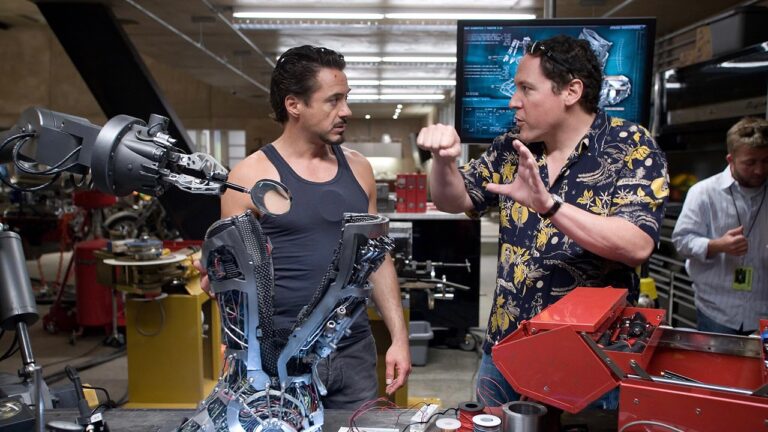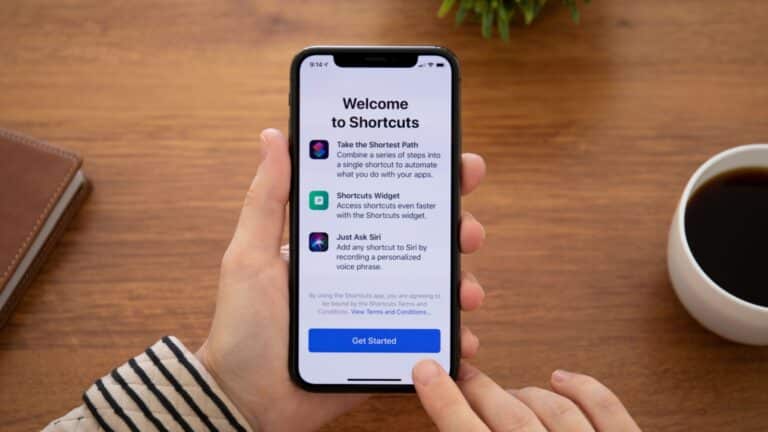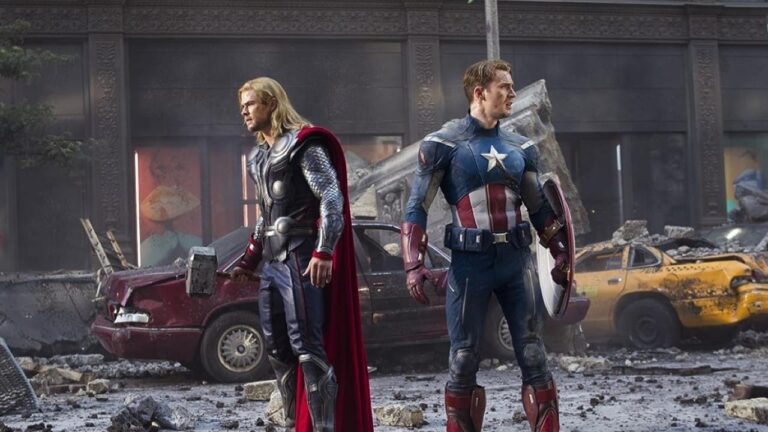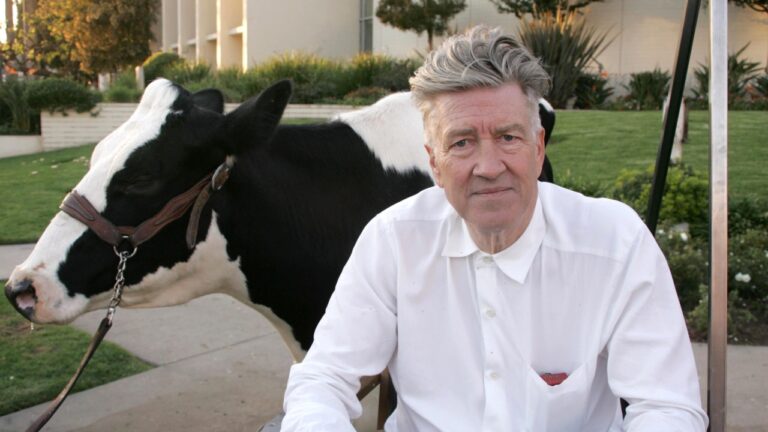13 Assumptions About the US That Actually Hit the Nail on the Head

For some time, America has been a beacon of promise across the world, attracting every corner of the planet with its lure. No country has ever held such a cultural sway over others, and for good reason.
The way foreign nations view America varies from region to region; research points to some disparate places with unfavorable views of the Stars and Stripes.
While some negative tropes exist, positive ones outweigh them. What do most people assume about Americans, and how correct are they?
Americans Are Patriotic

To most, there is an assumption that all Americans are fiercely patriotic, standing for the anthem and waving the flag whenever possible. Of course, there is nothing wrong with loving one’s country, and there are certainly many who do.
Statista agrees, showing that at least 39% of adults are extremely proud to be American. When asked the big question, a mere 4% of residents in the reviewed data said, “Not at all.”
Americans Work Too Hard

Having lived in the U.S. for a few years, I was impressed by the general work ethic of most people I met. Some of them were public sector employees who never took their allotted two weeks’ summer vacation time lest they look uncommitted. To a European, this is puzzling.
CEO of Norges Bank Investment Advancement and Norway’s oil investment fund, Nicolai Tange, believes this could be a good thing. “Americans just work harder,” he said in a recent Fortune interview. He argues that such high ambition propels its economy above and beyond its European rivals.
Americans Are Wealthy

Clearly, Americans are not as rich as they once were — or are they? While people are having a hard time of late, overall wealth has rocketed in the past few decades.
Federal Reserve Bank of St. Louis shows how, in 1984, the average U.S. household was worth $57,000. Fast-forward to 2022 and that figure reaches $75,000. America’s per capita income dwarves most other countries. The World Bank lists the USA in the twelfth spot for per-capita GDP in 2024.
Americans Are Obsessed With Fame

When Taylor Swift and Travis Kelce announced their unity to the photo-hungry public, the Kansas City Chiefs tight end’s shirt sales went up 400% overnight. Sports Marketing publication Ad Week called it the “Taylor Swift effect.”
There could be a theory behind this scenario; many studies have documented the effects of “celebrity worship syndrome.” One study suggests a third of Americans may fall into this category.
American Healthcare Is Terrifyingly Expensive

You know that a national institution industry may be seeing hard times when Michael Moore makes a documentary about it. In his film Sicko (2007), Moore exposes how Big Pharma makes the big bucks, profiting more from the healthcare industry than in any other country.
Furthermore, a Reuters article shows how much companies are shelling out for employee medical costs in 2024. This year, healthcare expenditure will jump 5.4%, with employees also sharing some extra cash burden.
Americans Are Obsessed With College Sports

British students spend a few years in a domestic or maybe an international city, then find work, usually near their hometown. They rarely think about their university again — unless they go to Oxford or Cambridge. This scenario often means they spend their days looking for convenient moments to drop this fact into conversation.
When Americans attend college, they go big or go home — once you have experienced American college, you wear those colors for life. It may be a “Roll Tide” or a “Hook ’em, Horns,” but ask any college graduate about their team, and you get a dyed-in-the-wool response. One Legacy report claims college football is watched more than many professional sports.
Halloween Hits Hard in the USA
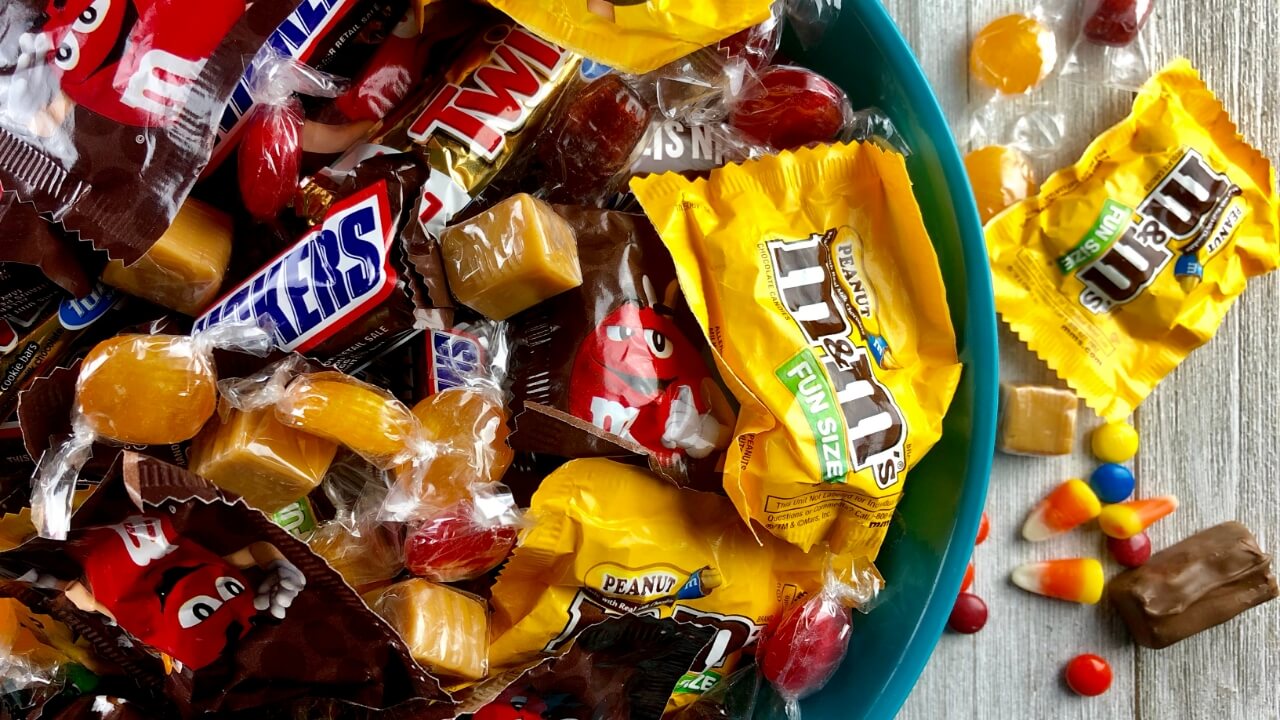
Nothing comes close to the American obsession with October 31, and this tradition has spread throughout schools, workplaces, and townships worldwide. Halloween is now one of the world’s most famous festivals, though nobody takes it as seriously as Americans.
Market research group Sender says 73% of U.S. households took part in festivities last year, spending over $12 billion. This year is going to be more expensive than ever, though ask any parent, and they will tell you it’s worth it.
Americans Are Big Consumers

The term “conspicuous consumption” first arrived in the early 20th century following American scholar Thorstein Veblen’s book, The Theory of the Leisure Class, in 1899. It details the idea that people always want more than they have — luxury purchases especially. Since then, Americans have grown from strength to strength in their spending.
In a review, Professor of Marketing at California State University, Terrence H. Witkowski, argued this has always been the case. “The United States has been near the forefront of global consumption trends since the 1700s,” said Dr. Witowski. “And for the past century and more, Americans have been the world’s foremost consuming people.”
Americans Love Barbecuing

The United States sometimes gets criticism for calling its national tournament winners “world champions.” However, this title is entirely fitting for any of America’s barbecue champions.
I can’t think of any other country that likes to tailgate before sporting events; American parks even have barbecue areas. Let’s be real: no other country gets near the United States when it involves fire and meat — this stereotype should only be considered an archetype.
American Public Transportation Is Bad

Anyone who has been to the United States will remember how awe-inspiring the size of everything is, including the distances one must travel to see — well, anything. This situation means that the US government invested heavily in the federal highway system, often shunning the public network in favor of automobiles.
Subsequently, many people have no transit access, and those who can use public transport are left with an old, decaying system. The American Society of Civil Engineers (ASCE) published a report detailing this issue. It describes how even public transport is getting out of reach for an increasing group of Americans.
The USA Loves Fast Food

Fast food culture and America are synonymous, and for good reason — they are related. The land where the first quick-stop hamburger restaurants first appeared is fast food’s mothership. Therefore, it is no surprise that Americans lead the way in fast food consumption.
It’s official, too: the World Population Review lists the United States as the world’s number one consumer of fast food. The United Kingdom follows behind, solidifying that special relationship in more ways than one.
Most Americans Don’t Own a Passport

A 2023 YouGov poll that asked Americans whether they owned a passport came back as 43% positive. There have long been tired clichés about a tiny minority of Americans owning one, which is not the case — though it is still a minority.
Allow me to digress: America is half a subcontinent, spanning from the Arctic Circle to the tropics, with every other microclimate and landscape in between — they have their hands full. Moreover, anyone who has seen the cost of a vacation recently might want to consider ditching their passport, anyway.
America Is Politically Divided

The United States has never looked so disunited, or so we are informed on social media. Hasn’t this always kind of been the case? The red-blue divide and Electoral College map fascinate talking heads and international citizens alike, not least during an election year.
In most countries, the election process is more low-key: drab public photo ops, empty manifesto pledges, and awkward public displays. To outsiders, America’s elections are like watching a scary reality game show. This edition has keys to the world’s coolest presidential house — and the nuclear codes — up for grabs.
